2009 Honda Accord Brake Rotors and Pads
Click here to search another vehicle
All Rotors:
OEM x
Coated x
Drilled, Slotted and Coated x
Front x
Rear x
All Pads:
Ceramic x
Semi-metallic x
Front x
Rear x
Found 30 record
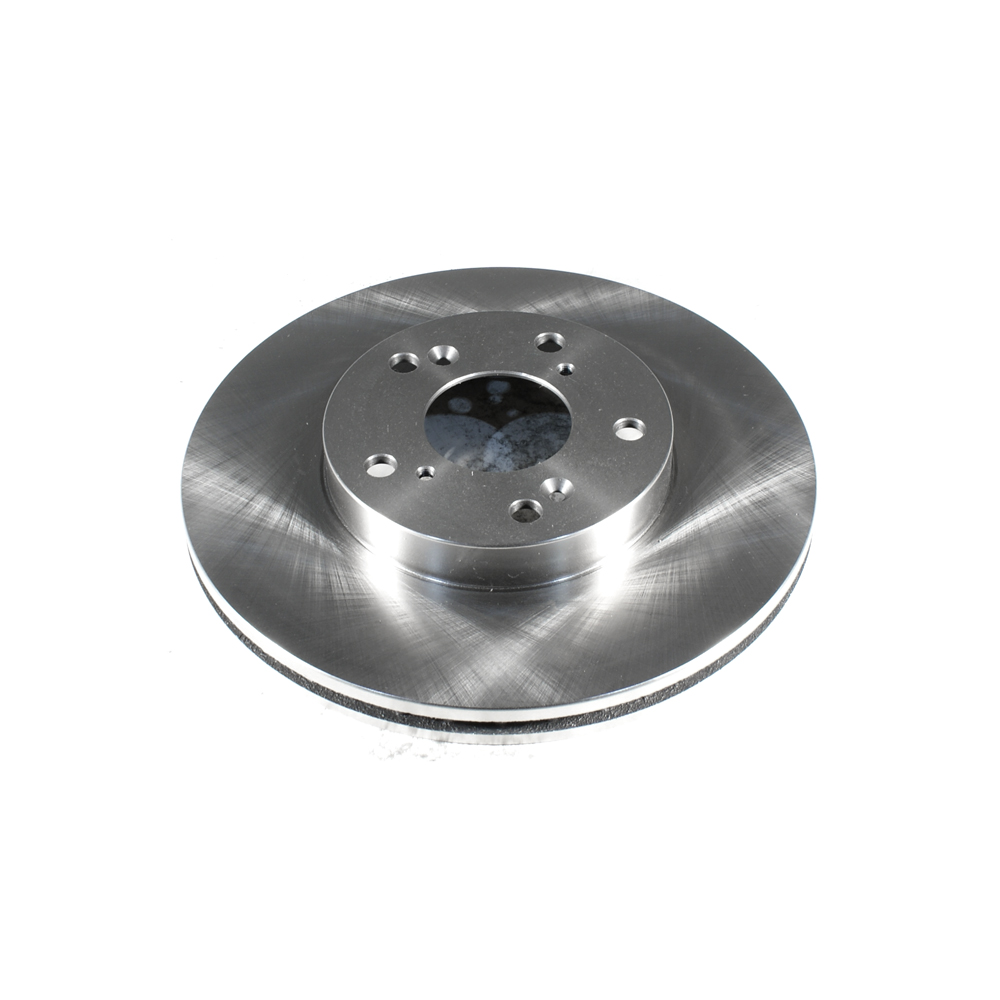
Part No: BR31257
Raybestos: 96711/980072
OE: 45251TA5A00
Raybestos: 96711/980072
OE: 45251TA5A00
$36.52 each
Per Car QTY: 2
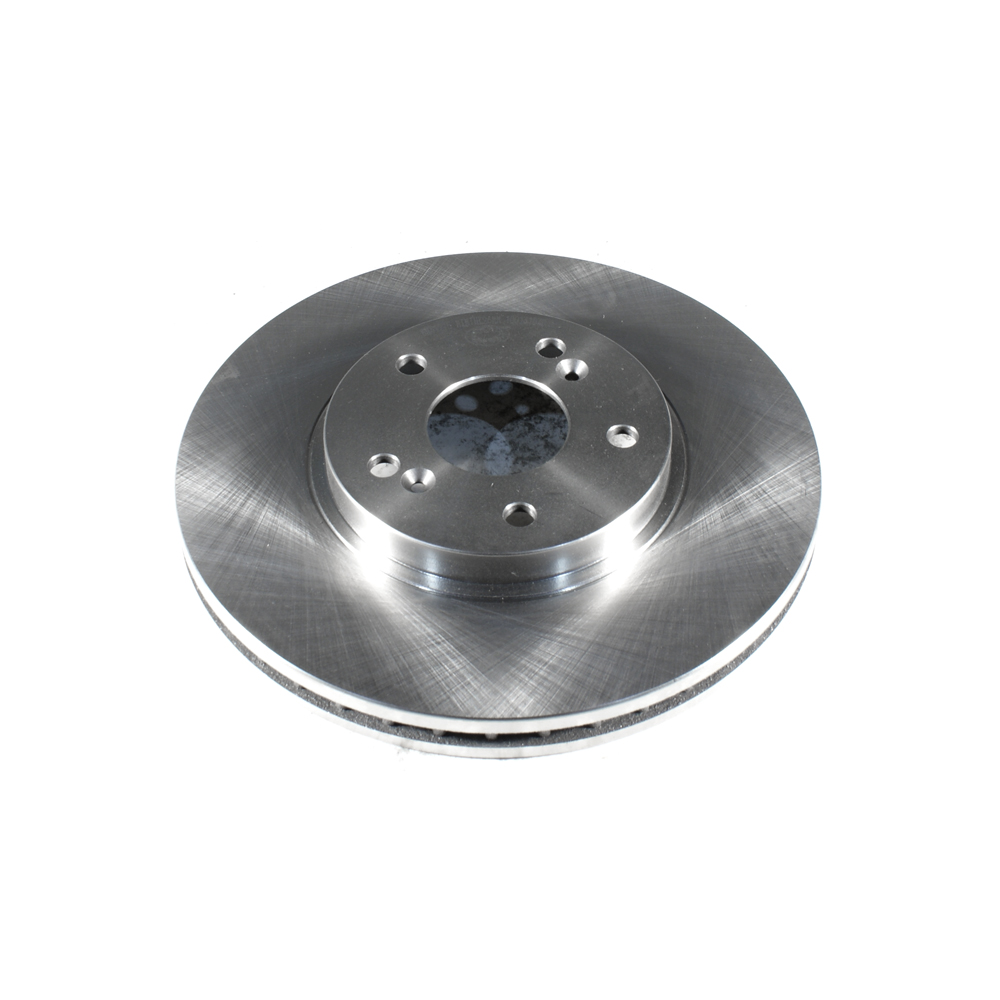
Part No: BR31275
Raybestos: 96795
OE: 45251TA6A00
Raybestos: 96795
OE: 45251TA6A00
$47.03 each
Per Car QTY: 2
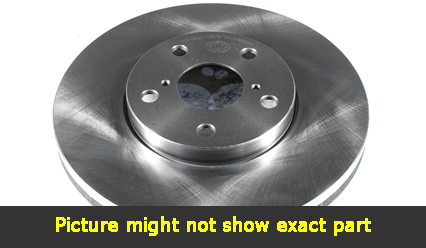
Part No: BR575121
Raybestos: 981037
OE:
Raybestos: 981037
OE:
$37.66 each
Per Car QTY: 2
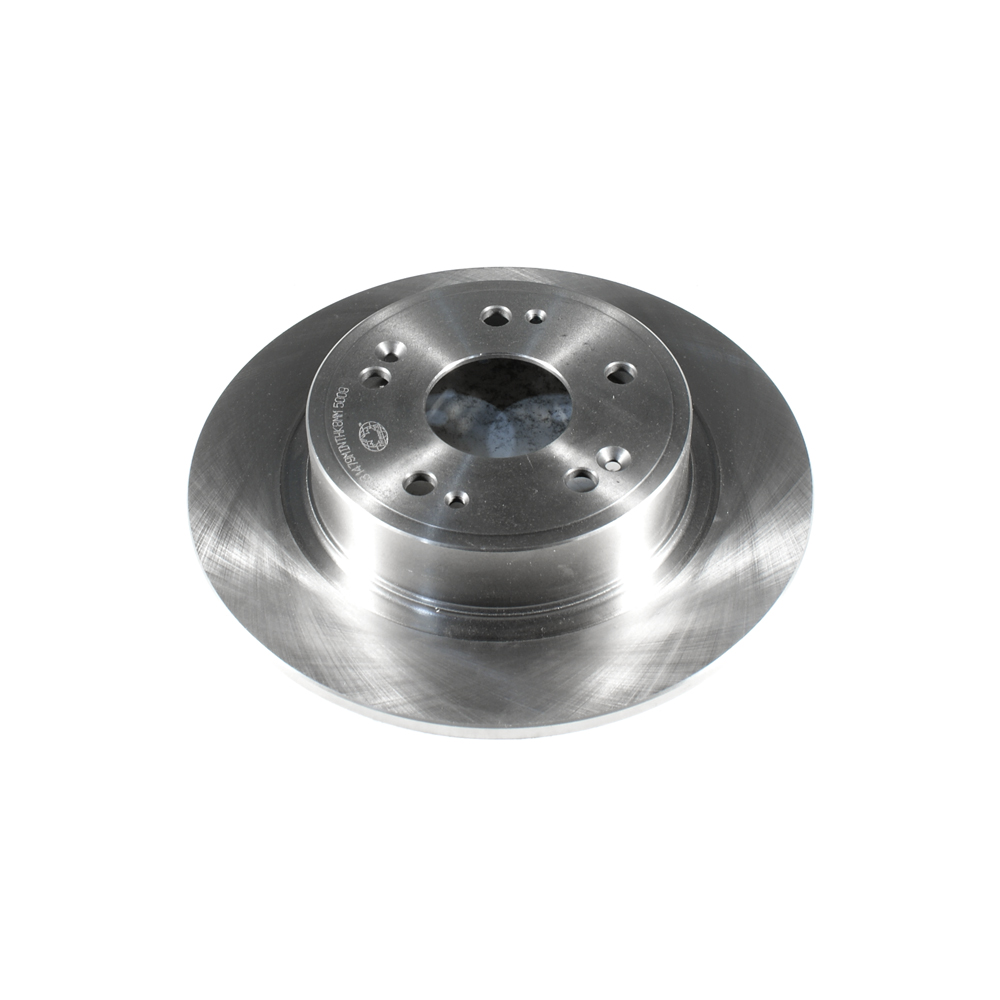
Part No: BR31479
Raybestos: 980577
OE: 42510SFY000
Raybestos: 980577
OE: 42510SFY000
$29.43 each
Per Car QTY: 2
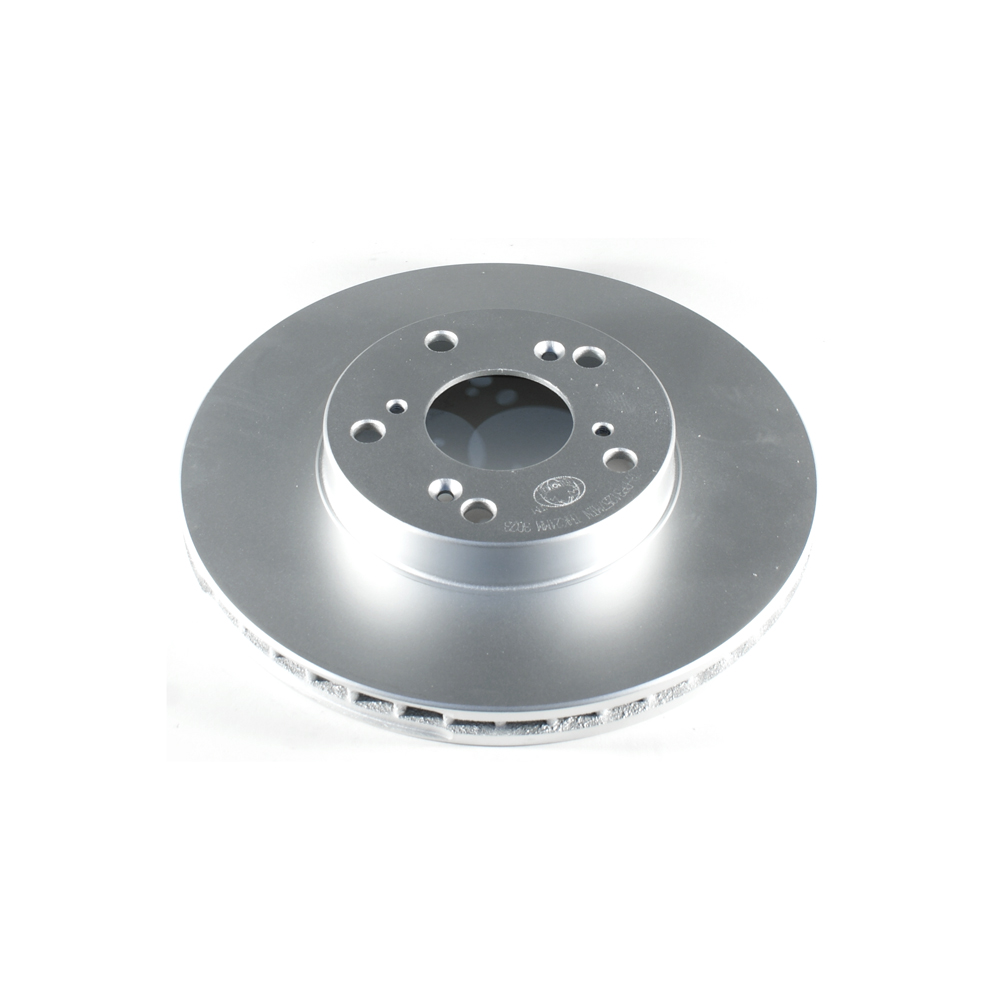
Part No: PP31257
Raybestos: 96711
OE: 45251S7AN10
Raybestos: 96711
OE: 45251S7AN10
$45.94 each
Per Car QTY: 2
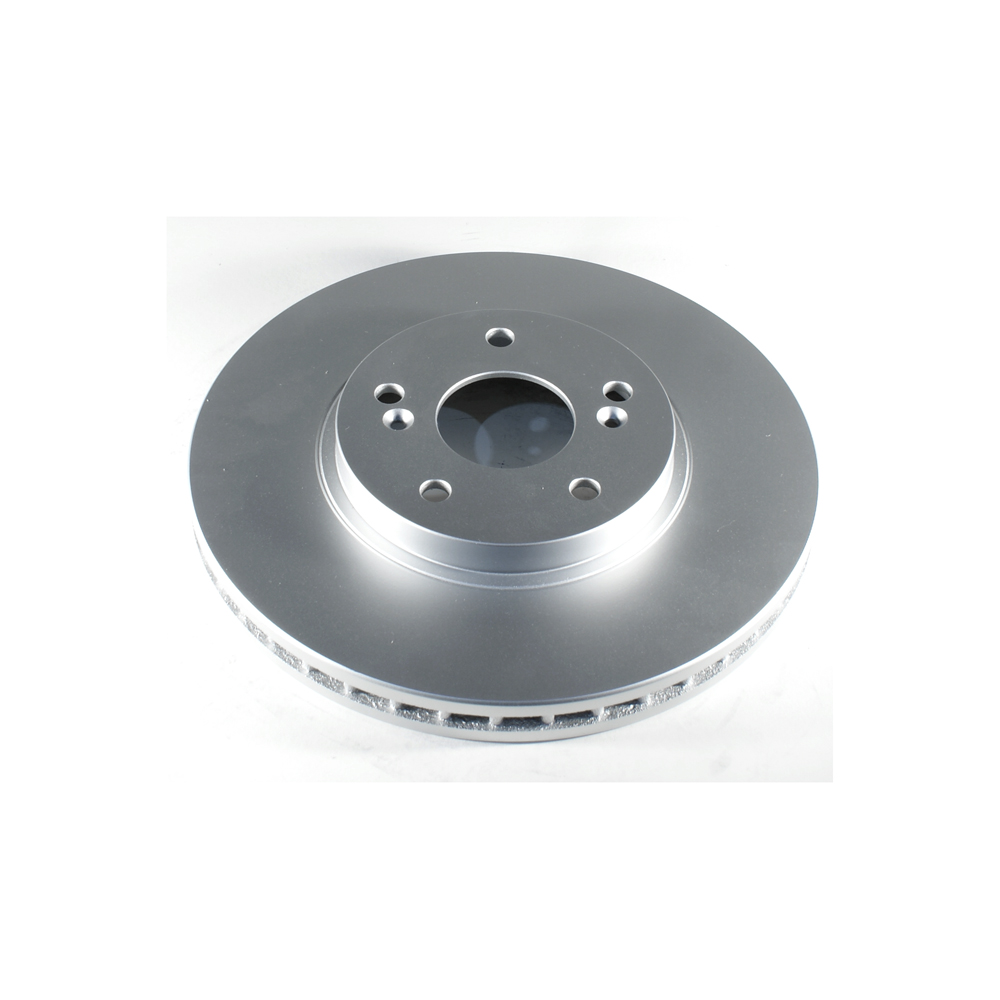
Part No: PP31275
Raybestos: 96795
OE: 45251TA6A00
Raybestos: 96795
OE: 45251TA6A00
$58.16 each
Per Car QTY: 2
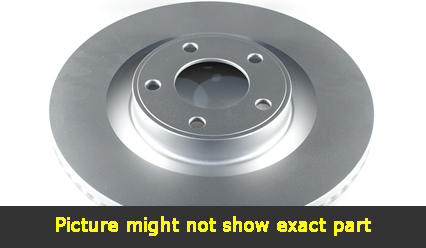
Part No: PP575121
Raybestos: 981037
OE:
Raybestos: 981037
OE:
$45.74 each
Per Car QTY: 2
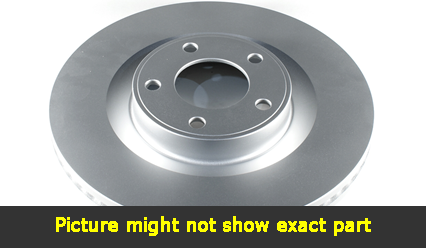
Part No: PP31479
Raybestos: 980577
OE: 42510SFY000
Raybestos: 980577
OE: 42510SFY000
$37.84 each
Per Car QTY: 2
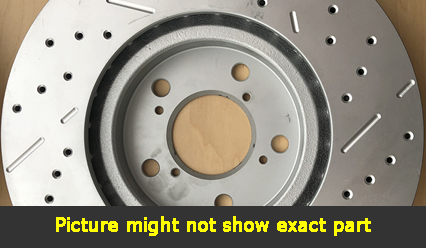
Part No: SP31257L
Raybestos: 96711/980072
OE: 45251TA5A00
Raybestos: 96711/980072
OE: 45251TA5A00
$78.34 each
Per Car QTY: 1
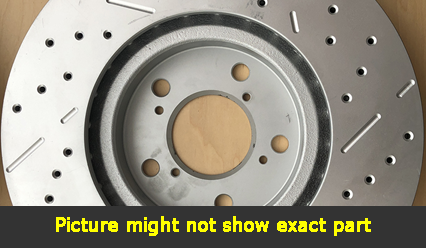
Part No: SP31257R
Raybestos: 96711/980072
OE: 45251TA5A00
Raybestos: 96711/980072
OE: 45251TA5A00
$78.34 each
Per Car QTY: 1
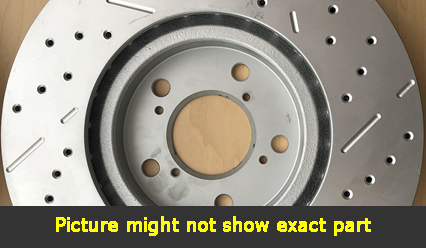
Part No: SP31275L
Raybestos: 96795
OE: 45251TA6A00
Raybestos: 96795
OE: 45251TA6A00
$90.56 each
Per Car QTY: 1
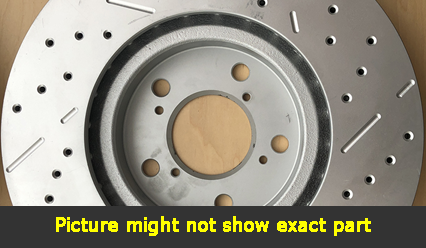
Part No: SP31275R
Raybestos: 96795
OE: 45251TA6A00
Raybestos: 96795
OE: 45251TA6A00
$90.56 each
Per Car QTY: 1
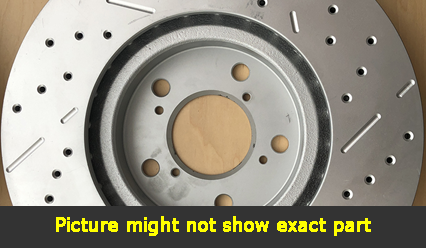
Part No: SP575121L
Raybestos: 981037
OE:
Raybestos: 981037
OE:
$78.14 each
Per Car QTY: 1
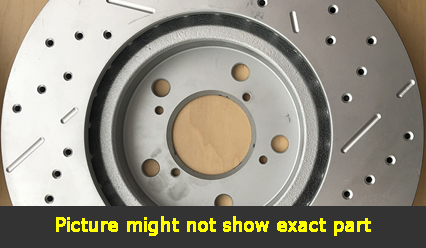
Part No: SP575121R
Raybestos: 981037
OE:
Raybestos: 981037
OE:
$78.14 each
Per Car QTY: 1
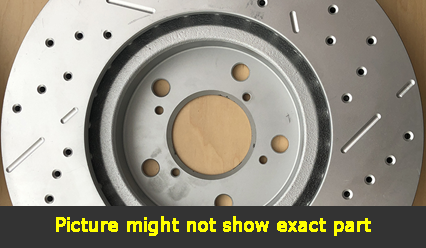
Part No: SP31479L
Raybestos: 980577
OE: 42510SFY000
Raybestos: 980577
OE: 42510SFY000
$70.24 each
Per Car QTY: 1
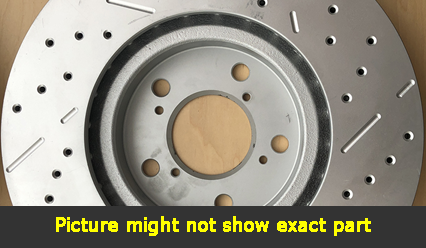
Part No: SP31479R
Raybestos: 980577
OE: 42510SFY000
Raybestos: 980577
OE: 42510SFY000
$70.24 each
Per Car QTY: 1
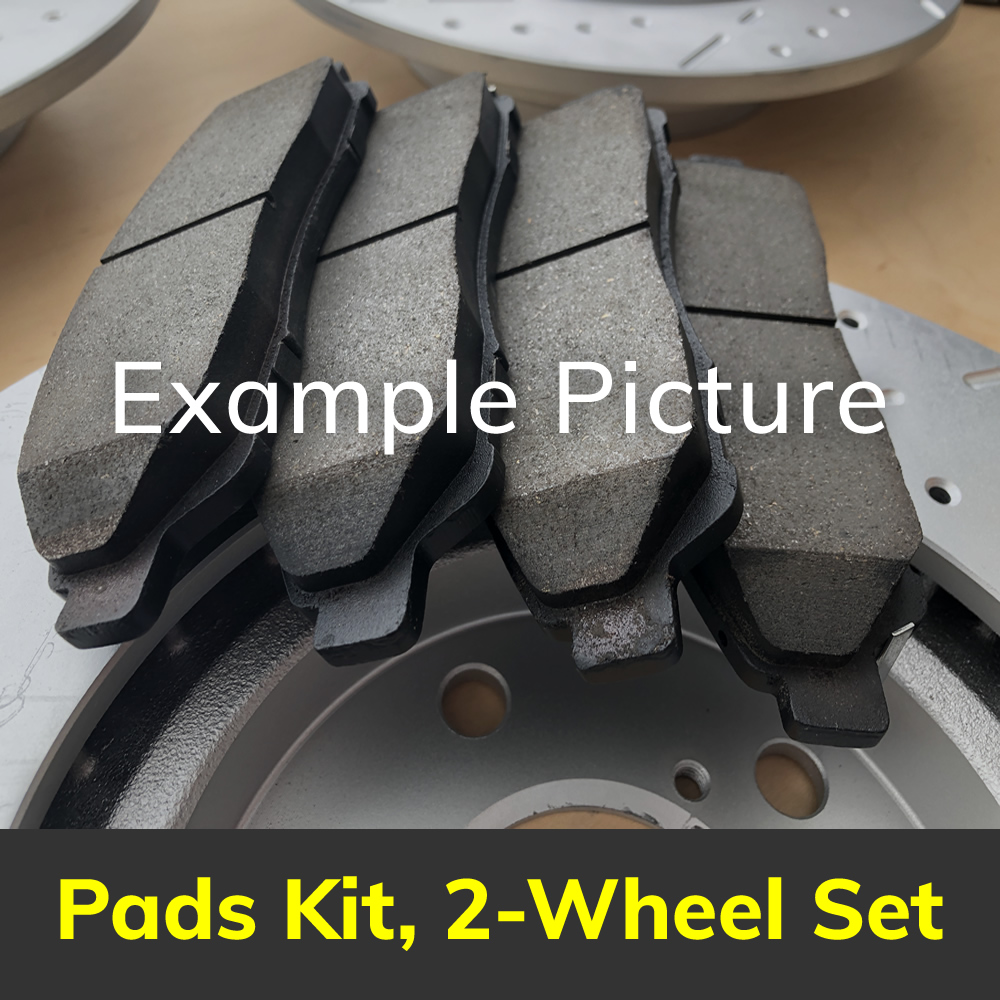
Part No: PD787C
Raybestos: 787
OE:
Raybestos: 787
OE:
$38.9 each
Per Car QTY: 1
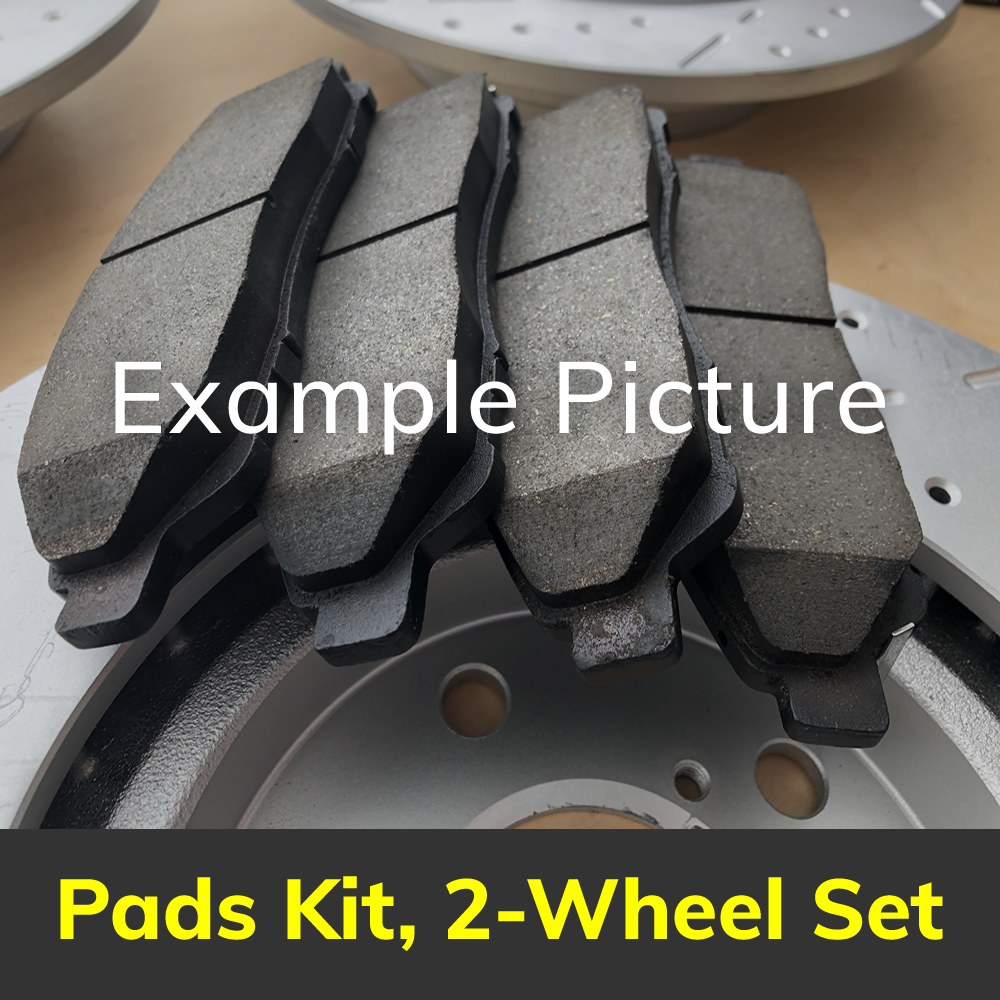
Part No: PD914C
Raybestos: 914
OE:
Raybestos: 914
OE:
$38.07 each
Per Car QTY: 1
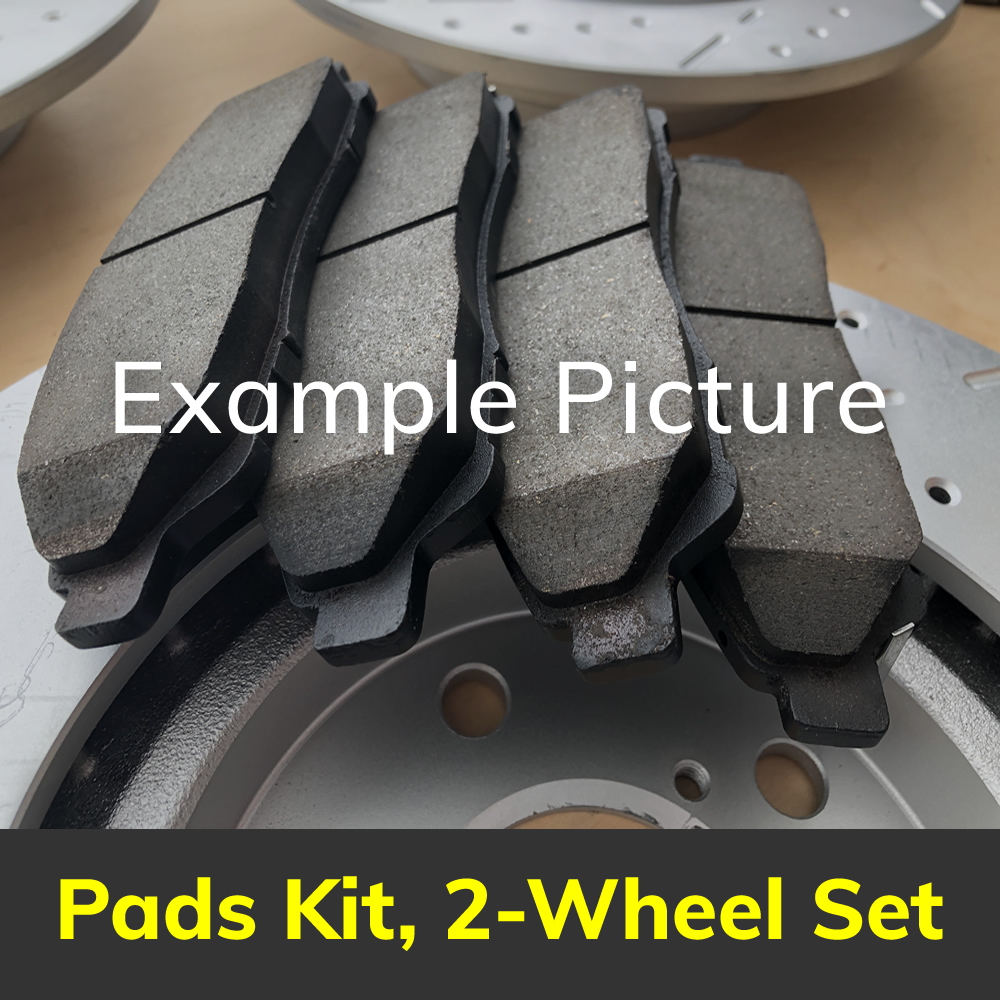
Part No: PD1336C
Raybestos: 1336
OE:
Raybestos: 1336
OE:
$31.54 each
Per Car QTY: 1
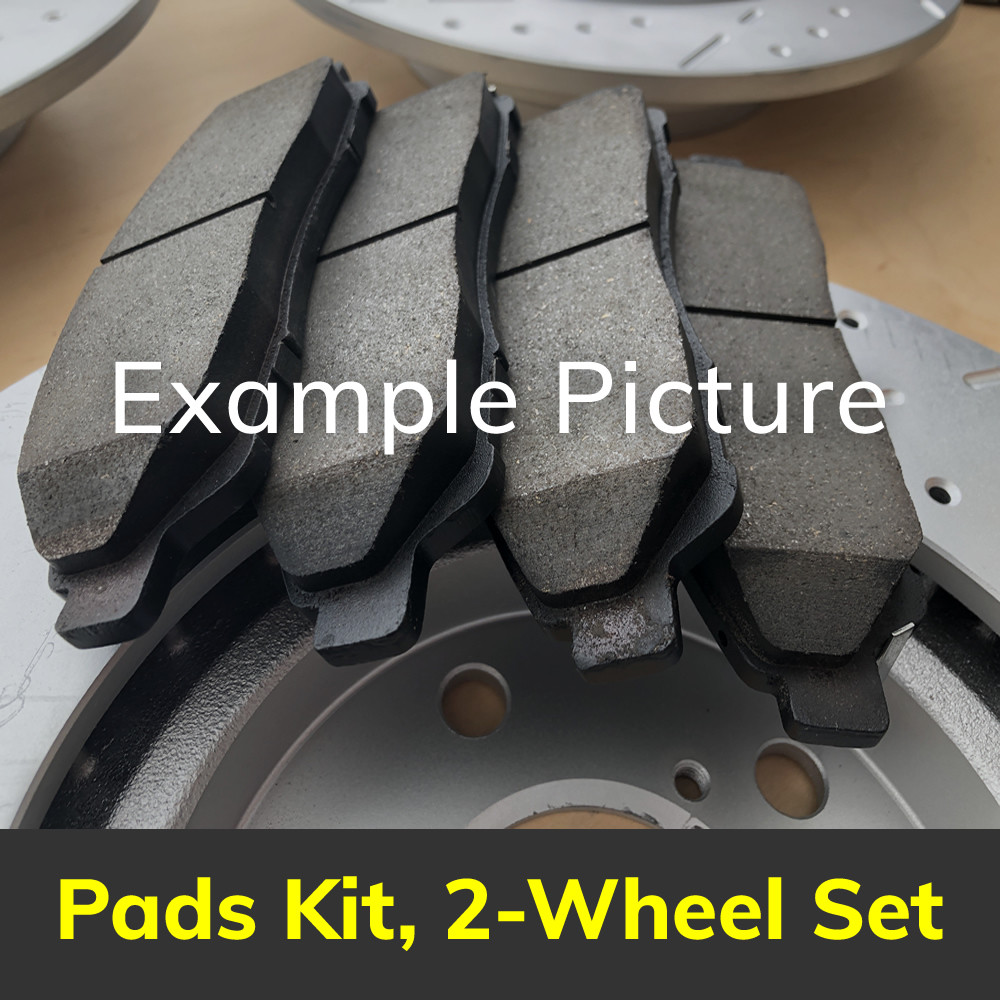
Part No: PD1451C
Raybestos: 1451
OE:
Raybestos: 1451
OE:
$31.48 each
Per Car QTY: 1
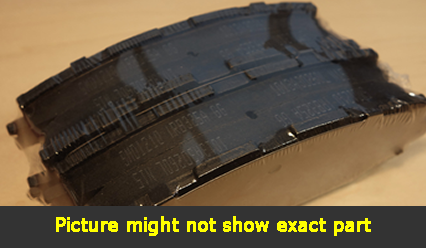
Part No: SMD787
Raybestos:
OE:
Raybestos:
OE:
$23.9 each
Per Car QTY: 1
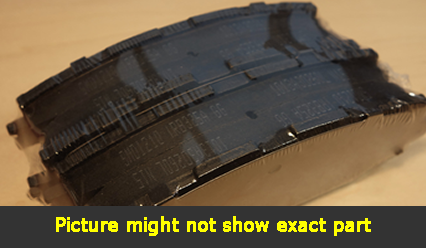
Part No: SMD914
Raybestos:
OE:
Raybestos:
OE:
$23.51 each
Per Car QTY: 1
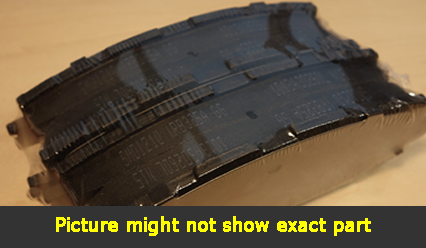
Part No: SMD1336
Raybestos:
OE:
Raybestos:
OE:
$21.37 each
Per Car QTY: 1
When it comes to safety on the road, one of the most crucial components of any vehicle are the brakes. Properly functioning brakes can mean the difference between life and death in emergency situations. For owners of the 2009 Honda Accord, it is essential to have a good understanding of the braking system and its maintenance requirements.
The 2009 Honda Accord is equipped with a dependable braking system that ensures efficient stopping power. Its braking system consists of disc brakes on the front and rear wheels, as well as an anti-lock braking system (ABS) to prevent wheel lock-up during sudden stops or on slippery surfaces.
Disc brakes are known for their superior braking performance compared to drum brakes. The Accord's disc brakes work by pressing brake pads against a disc rotor attached to the wheel. This friction generated between the pads and rotor slows down the vehicle. The front brakes generate the majority of the braking force, as weight transfer during braking causes more pressure to be applied to the front wheels.
To maintain the braking system's optimal performance, regular maintenance is necessary. One of the most critical aspects is brake pad replacement. Brake pads eventually wear out due to constant friction against the rotor. It is essential to replace them before they become too thin, as this can lead to reduced braking power and potential damage to the rotor.
General guidelines suggest checking the brake pads every 12,000 to 15,000 miles, but it is recommended to refer to the owner’s manual for the manufacturer's specific recommendation. Signs of worn-out brake pads include squealing or grinding noises when applying the brakes, longer stopping distances, or a low brake pedal.
Another essential component to monitor is the brake fluid. Brake fluid, often called hydraulic fluid, plays a crucial role in transmitting the force from the brake pedal to the brake calipers, ultimately allowing the vehicle to stop. It is essential to check the brake fluid level regularly and ensure it is within the recommended range. Additionally, it is advised to replace the brake fluid according to the manufacturer's recommended intervals to prevent moisture or contaminants from affecting the braking performance.
The anti-lock braking system (ABS) in the 2009 Honda Accord is designed to prevent the wheels from locking up during emergency stops. This system enables the driver to steer the vehicle while braking, enhancing stability and control. ABS requires no specific maintenance, but it is crucial to pay attention to the ABS warning light on the dashboard. If the light illuminates, there could be an issue with the ABS system that requires immediate attention from a qualified mechanic.
In conclusion, the brakes are an essential safety component of the 2009 Honda Accord. Regular checks of the brake pads, fluid levels, and ABS warning lights are crucial for maintaining optimal braking performance. By properly maintaining the braking system, drivers can ensure a safe and reliable driving experience on the road. Remember, safety should always be a top priority when it comes to vehicle maintenance.
The 2009 Honda Accord is equipped with a dependable braking system that ensures efficient stopping power. Its braking system consists of disc brakes on the front and rear wheels, as well as an anti-lock braking system (ABS) to prevent wheel lock-up during sudden stops or on slippery surfaces.
Disc brakes are known for their superior braking performance compared to drum brakes. The Accord's disc brakes work by pressing brake pads against a disc rotor attached to the wheel. This friction generated between the pads and rotor slows down the vehicle. The front brakes generate the majority of the braking force, as weight transfer during braking causes more pressure to be applied to the front wheels.
To maintain the braking system's optimal performance, regular maintenance is necessary. One of the most critical aspects is brake pad replacement. Brake pads eventually wear out due to constant friction against the rotor. It is essential to replace them before they become too thin, as this can lead to reduced braking power and potential damage to the rotor.
General guidelines suggest checking the brake pads every 12,000 to 15,000 miles, but it is recommended to refer to the owner’s manual for the manufacturer's specific recommendation. Signs of worn-out brake pads include squealing or grinding noises when applying the brakes, longer stopping distances, or a low brake pedal.
Another essential component to monitor is the brake fluid. Brake fluid, often called hydraulic fluid, plays a crucial role in transmitting the force from the brake pedal to the brake calipers, ultimately allowing the vehicle to stop. It is essential to check the brake fluid level regularly and ensure it is within the recommended range. Additionally, it is advised to replace the brake fluid according to the manufacturer's recommended intervals to prevent moisture or contaminants from affecting the braking performance.
The anti-lock braking system (ABS) in the 2009 Honda Accord is designed to prevent the wheels from locking up during emergency stops. This system enables the driver to steer the vehicle while braking, enhancing stability and control. ABS requires no specific maintenance, but it is crucial to pay attention to the ABS warning light on the dashboard. If the light illuminates, there could be an issue with the ABS system that requires immediate attention from a qualified mechanic.
In conclusion, the brakes are an essential safety component of the 2009 Honda Accord. Regular checks of the brake pads, fluid levels, and ABS warning lights are crucial for maintaining optimal braking performance. By properly maintaining the braking system, drivers can ensure a safe and reliable driving experience on the road. Remember, safety should always be a top priority when it comes to vehicle maintenance.








